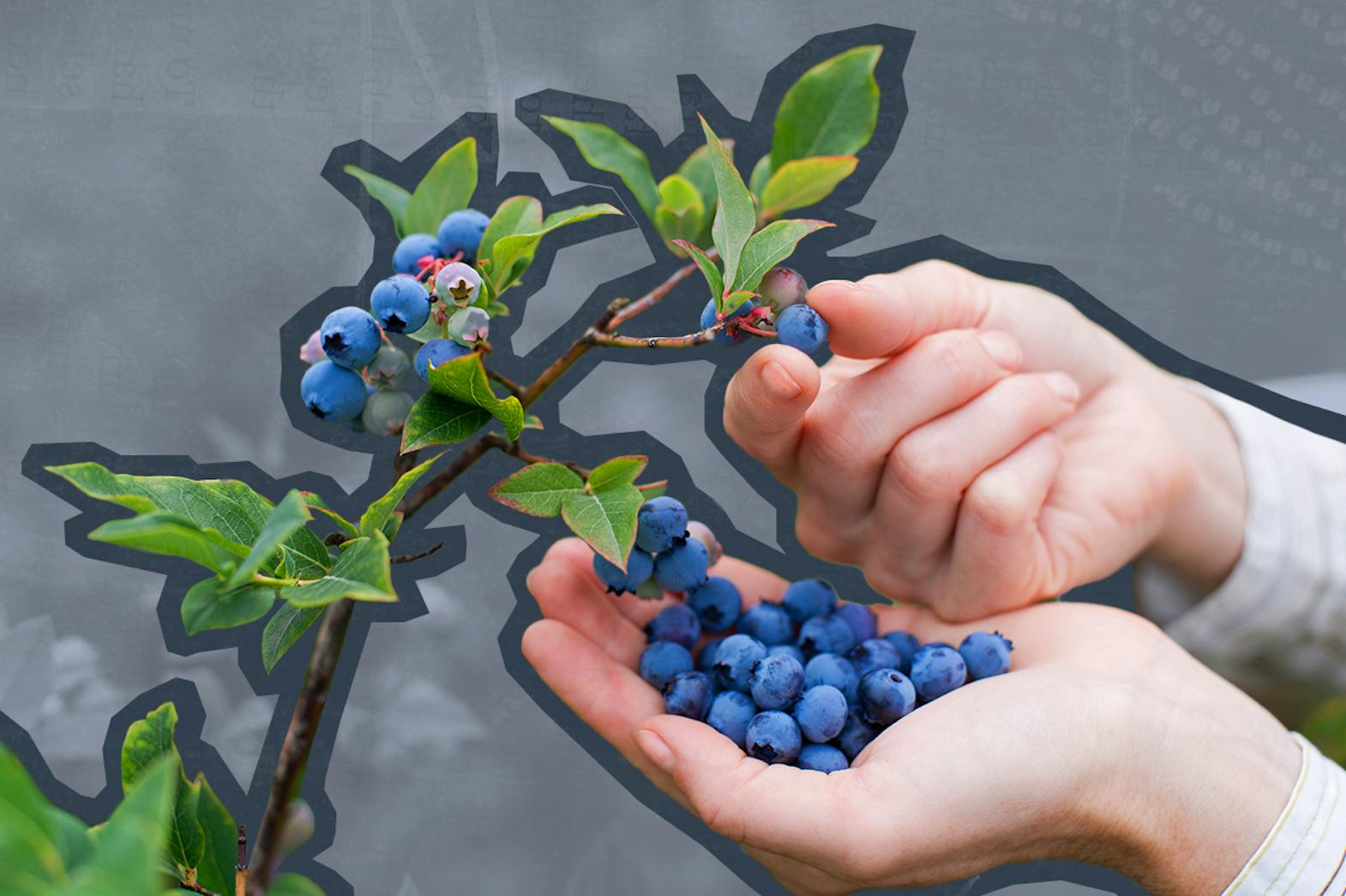Food is among our most intimate relationships. From stewarding and harvesting to preparing, eating, and sharing, what we eat reflects our relationships with the landscape, our community, our family, and ourselves. For Indigenous communities, this connection to the land via foodways is sacred, where food is not just an intangible product but a relative. Foodways, or the “beliefs and behaviors associated with the production, distribution, and consumption of food,” of Indigenous people emerged from the cumulative experience of many generations' relationship to place through time. The resulting food system incorporates harvesting and sharing food with sustainable care for the land. It is composed of ecological relations between humans, other living beings, and nonliving entities such as the four directions or seasons. Because Indigenous foodways are built on place-based relationships that connect us to both ancestors and local ecologies, they are not just food for the body but also “spirit food.” In recognizing the cultural and spiritual aspects of food, Indigenous foodways enact values of sharing and cooperation in acquiring and distributing food. These relationships are lighting the path of reclaiming the cultural, physical, and economic health of Indigenous food systems and communities.
What is Food Sovereignty?
Indigenous communities are envisioning reclaimed foodways using a food sovereignty framework, a global movement that seeks to remove food from the commodity market and instead center the community’s right to shape its own food system. La Via Campesina, an international group of peasant and small-scale farmers, first popularized the term food sovereignty in 1996, seeking to defend their land rights, ways of life, and articulate a common response to the neoliberal food market. Their Declaration of Nyéléni from the 2007 Forum for Food Sovereignty, defined food sovereignty as,
the right of peoples to healthy and culturally appropriate food produced through ecologically sound and sustainable methods, and their right to define their own food and agriculture systems. It puts those who produce, distribute and consume food at the heart of food systems and policies rather than the demands of markets and corporations. It defends the interests and inclusion of the next generation.
Food sovereignty thus aspires to autonomy, social justice, and balance with the rest of nature, while offering a pathway to recenter food systems with intergenerational consciousness and action. By embracing frameworks rooted in food sovereignty, communities are finding ways to confirm their own local, place-based, and cultural knowledge to move away from the effects of colonized and modern-industrial foodways. In doing so, Indigenous communities are undertaking food sovereignty projects, equipped with the teachings, methods, and place-based relationships that connect them to the local food system and, through sharing and trade, to each other.

Indigenous Food Sovereignty
Colonization, including the overturning of Indigenous landscapes, disruption in Indigenous governance and lifeways, family separation, and the severing of the relationship between societies and their foods, was a strategy of both annihilation and assimilation. The landscape was cleared of Indigenous animals, plants, and people to give way to the plow and agrarian values of European settlers. As the communities and ecologies of Turtle Island were colonized, the ecosystems Indigenous communities depended on shifted, became less accessible, and in some cases disappeared. In the process, communities struggled to maintain their traditional foodways. As noted by Lac Courte Oreilles Ojibwe Tribal College president Russell Swagger, food sovereignty is not about doing things differently,
it’s about relearning things that tribal communities lost over the years.
The British Columbia based Working Group on Indigenous Food Sovereignty has identified four main principles of Indigenous food sovereignty. First, Indigenous food systems recognize that food is sacred and has been given to the people by the Creator. Therefore, it is our responsibility to uphold our relationships to the ecological community. Second, Native foodways are participatory, and regaining sovereignty in foodways requires active community participation. Third, they encourage First Nation and Native self-determination and the right to be free from the rising food costs, corporate control, and oppressive policies and practices around land, water and social structures, resulting in environmental racism against tribal communities and communities of colour. Finally, Indigenous food sovereignty calls for supportive legislation and policy. Indigenous food sovereignty embraces traditional knowledge and regional foodways to root communities in place and uphold not just rights to the landscape, but also our responsibilities and cultural, spiritual, and ecological relationships.
While many community members continue hunting, fishing, trapping, berry picking, wild food gathering, growing, and sharing food as they always have, community-based initiatives, projects, and Band supported programs are widening the mosaic of opportunities for community members to participate in their local foodways. Having diverse opportunities, funding streams that offer core support rather than short-term project funding, and supportive policies is key to promoting sustainable food programming and systems. This can create an integrated food system of diverse community-level initiatives that support rather than compete with local producers to at once increase the amount of food dollars retained by the local community while accounting for cultural ways of sharing food and more informal community food economies.
Conclusion
Indigenous people and communities are working to uphold foodways through multilayered and interrelated approaches that are driven by community-based values, needs, and capacity. In the process, Indigenous food sovereignty is a strategy, method, and ongoing relationship in building healthier community foodways that center holistic Indigenous ways of being, balance, and wellbeing. It encourages community members to connect to the cultural web of foodways as they relate to Indigenous language, knowledge, intergenerational values, and relationships as they pertain to food and environment. Given the interconnectedness of food to environments, cultural knowledge, traditional economies of gifting, sharing, and trading, and our physical bodies, reclaiming localized and diversified foodways is not just a project of feeding people but one of promoting physical and cultural health as well as the local food economy.




